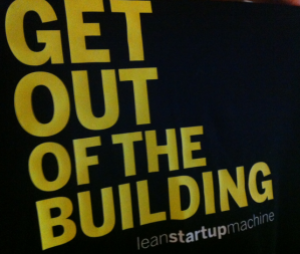 The use of crowdsourcing: the goal for me, is to engage and move the crowd towards a new direction, by encouraging out individual thinking and discovery, searching for combining these contributions; ones that lead to novel, new answers that move a challenge forward into a solution, one that has improved value over the existing.
The use of crowdsourcing: the goal for me, is to engage and move the crowd towards a new direction, by encouraging out individual thinking and discovery, searching for combining these contributions; ones that lead to novel, new answers that move a challenge forward into a solution, one that has improved value over the existing.
The community is encouraged to form, lead and build, taking ideas and thinking onto discovery journeys, seeking out and building on each other’s contributions.
The individual building blocks (like Lego) connect into a collective whole, that piece together, progressively being combined, to solve a problem, to frame something that leads to an answer of meeting the challenge initially set up.
The overriding need is to release the forces within the crowd, by seeking out and gaining their engagement and connection as something ‘they’ believe they can contribute into; as here lies the discovery of many, combining and ‘feeding off’ of each other, to change the existing into the preferred.
This is the third post on crowdsourcing that might offer some general background statements. Part one is here and part two is here.
Crowdsourcing can be powerful if harnessed well.
After a fairly detailed exploratory working through crowdsourcing in this mini-series, I wanted to offer my ‘take’, to help our thinking though in formulating clearer positions in this, to see its increasing value as contributing into an innovation management system.
Continue reading “The Growing Value in that Crowd- Encourage it Out.”
 We all value those times when we can slip away from our desk, from the computer or phone and just simply step outside.
We all value those times when we can slip away from our desk, from the computer or phone and just simply step outside.





